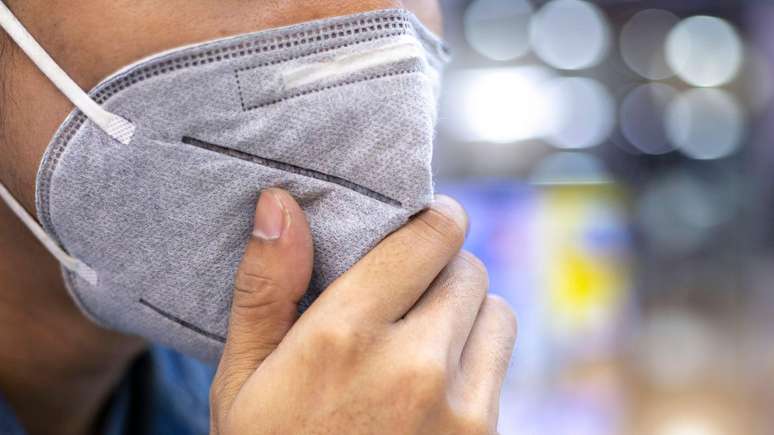A subvariant of the omicron mutation of the covid-19 virus has been classified as a “variant of concern” by the World Health Organization (WHO), but the entity says the risk to the population is low.
A subvariant of the omicron mutation of the covid-19 virus has been classified as a “variant of concern” by the World Health Organization (WHO), due to “its rapidly increasing spread”.
The JN.1 subvariant has been found in many countries around the world, including India, China, and the United States.
According to the WHO, the risk to the population is low and current vaccines continue to offer protection.
But the news raised alarm that Covid-19 and other infections could increase in winter (in the Northern Hemisphere).
Viruses that affect the respiratory system such as influenza, childhood pneumonia, and respiratory syncytial virus (RSV) are also on the rise in the Northern Hemisphere.
The virus that causes Covid is constantly evolving over time and sometimes this leads to the development of new variants.
Omicron has long been the dominant variant in the world.
The WHO says it is continuously monitoring the spread of the JN.1 omicron subvariant and will issue updates as necessary.
The organization is currently monitoring a number of Covid “variants of concern”, but none are considered to be of concern.
winter wave
The JN.1 subvariant is spreading rapidly across all regions, likely because it has an additional mutation in the protein harpoon if compared to the BA.2.86 variant from which it descends.
“This variant is expected to cause an increase in Sars-Cov-2 cases [coronavírus] amid increases in other viral and bacterial infections, especially in countries entering the winter season,” the WHO risk assessment says.
Evidence on JN.1’s ability to defeat the immunity offered by vaccines is limited, the WHO says.
There are no reports of people becoming more seriously ill with this variant than previous ones.
But more studies are needed, the WHO says, as the number of countries reporting data on people hospitalized with Covid-19 has fallen sharply.
To prevent infections and serious diseases, the WHO recommends:
- Wear masks in closed and crowded environments;
- cover your mouth when coughing and sneezing;
- wash your hands regularly;
- stay up to date on Covid and flu vaccines, especially if you are vulnerable;
- stay home if you are sick;
- get tested if you have symptoms.
Source: Terra
Ben Stock is a lifestyle journalist and author at Gossipify. He writes about topics such as health, wellness, travel, food and home decor. He provides practical advice and inspiration to improve well-being, keeps readers up to date with latest lifestyle news and trends, known for his engaging writing style, in-depth analysis and unique perspectives.








